Farmer’s Guide to Trucking Regulations available to Ohio Farm Bureau members
The guide includes a farm driver checklist, overview of state and federal regulations and exemptions, CDL qualifications and more.
Read More
Judicial elections, and the candidates running in them, continue to be a mystery to Ohio voters. A majority of Ohio voters say that they skip voting in judicial elections because they do not know enough about the candidates. This is alarming, considering that the judiciary is integral to the working of our government as the third co-equal branch. In 2020, Ohio voters in every county will elect judges for county and common pleas courts, all 12 courts of appeals districts, and two seats on the Ohio Supreme Court. These judges affect the lives of Ohioans in many ways, from their main role of interpreting the law, to more routine functions like traffic citations and estate administration.
Judicial races often do not have the same amount of publicity as the other races on the ballot, tied in part to more stringent fundraising limitations. And, unlike candidates for political offices, judicial candidates are bound by a code of ethics enforced by the legal profession.
In 2020, Ohio voters in every county will elect judges for county and common pleas courts, all 12 courts of appeals districts, and two seats on the Ohio Supreme Court.
Before you step into the voting booth, take some time to familiarize yourself with what judicial seats you will be voting on and the candidates running. Then, do some research on those candidates just like you would for any other race:
One struggle voters often have with judicial candidates is a lack of clear positions on specific issues. Voters may wonder where judges personally stand on specific issues like eminent domain or school funding, and may be frustrated that the candidates are not giving an answer to those types of questions. However, this is an important part of having a fair and impartial judicial system. Judges are prohibited from commenting on cases and controversies that may come before them, because it is their job to apply the law based on the facts at hand, regardless of their personal or political beliefs. Instead of specific issue positions, voters can ask judicial candidates about their judicial philosophy, or how the judge views different aspects of the law and decision-making.
A fair and impartial judiciary is a cornerstone of our government and a hallmark of our free society. As voters, it is our responsibility to look beyond the outcome and consider whether a judge had sound reasoning, based in law and fact, to bring about that decision.


The guide includes a farm driver checklist, overview of state and federal regulations and exemptions, CDL qualifications and more.
Read More


ODA will enroll 500,000 acres into the program for a two-week sign-up period, beginning April 22, 2024, through May 6, 2024. Contact local SWCD offices to apply.
Read More

Katie Share of Columbus has been named ExploreAg and Youth Development Specialist for Ohio Farm Bureau.
Read More

Mary Klopfenstein of Delphos has been named Young Ag Professional and Ag Literacy Program Specialist for Ohio Farm Bureau.
Read More

The plan has been updated to give sole proprietors access to more rate stability and a smart solution that offers potential savings on health care.
Read More

The American Farm Bureau Federation, in partnership with Farm Credit, is seeking entrepreneurs to apply online by June 15 for the 2025 Farm Bureau Ag Innovation Challenge.
Read More

Adele Flynn of Wellington has been elected treasurer of the Ohio Farm Bureau Federation and now holds the third highest elected office in Ohio’s largest and most influential farm organization.
Read More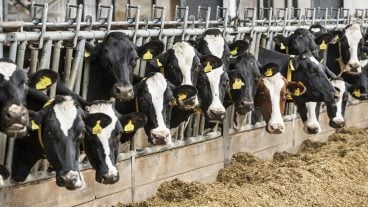
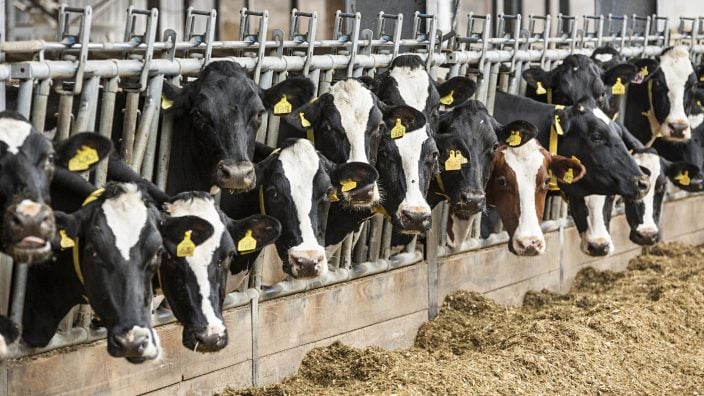
Producers are urged to work with their veterinarian to practice enhanced biosecurity measures and review and limit cattle movements within production systems.
Read More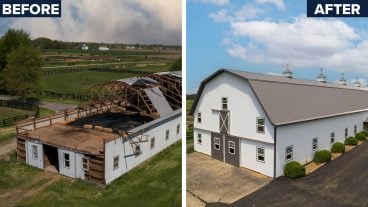
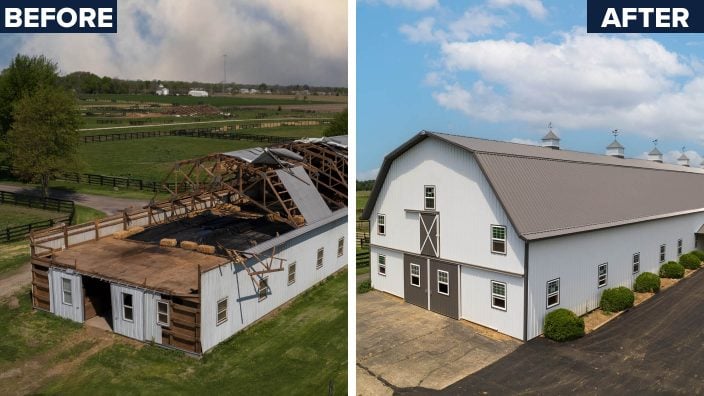
The changing seasons bring with them the need to thoroughly inspect pole barns for any damages that may have occurred during the winter months.
Read More
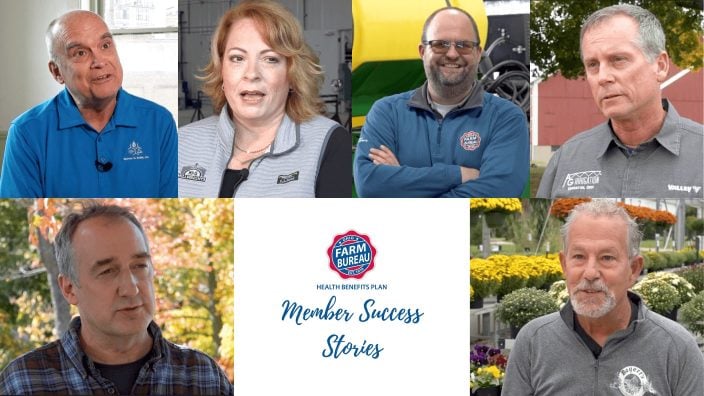
Hundreds of Ohio businesses and sole proprietors are raving about Ohio Farm Bureau’s Health Benefits plan with lower, predictable costs and easy enrollment and administration options.
Read More